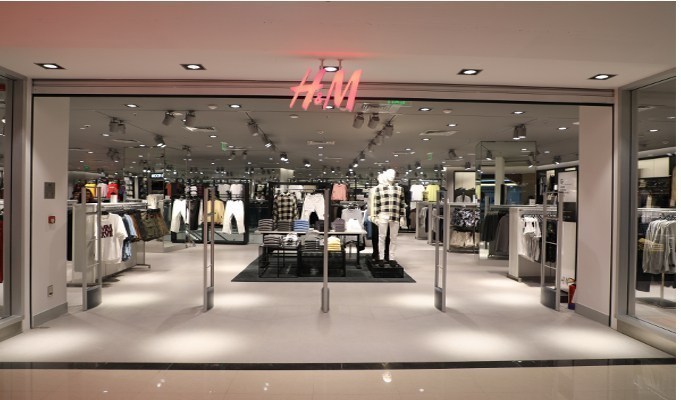
Following H&MŌĆÖs Q1 FY figures for 2019/20, Kate Ormrod, Lead Retail Analyst at GlobalData, a leading data and analytics company, comments:

ŌĆśŌĆśPresent in 74 markets, H&MŌĆÖs global operation makes the challenge of dealing with COVID-19 all the more harder, ensuring the pandemic is a true baptism of fire for new CEO Helena Helmersson.
Group Q1 sales growth of almost 8 percent is impressive against a tough comparative, especially as its performance was dragged down by China ŌĆō its second largest market in terms of store estate. Q1 sales in China fell by 24 percent in local currency, as demand was obliterated in February, declining by 84 percent with almost two thirds of stores being closed at peak impact. Without China and other heavily-impacted countries including Hong Kong, Japan, Macau, Singapore and Taiwan, H&MŌĆÖs group sales in local currencies rose 7 percent in Q1 (versus +5 percent overall). Despite the effects of COVID-19, Q1 operating margin rose 2.9 ppts to 4.9 percent, as H&M reaped the rewards of its extensive transformation plan ŌĆō which we expect to help protect the retailer in the long run and ensure it can better cater to a post-coronavirus consumer.
A recovery, albeit slow, as stores reopen in China provides hope, however the expansion of COVID-19 throughout other regions has been catastrophic with sales in March falling by 46 percent in local currency, versus 7 percent growth last year, owing to large-scale store closures across key markets. Online provided some respite with sales lifting 17 percent in local currency in the first month of Q2, with 47 out of 51 online sites still operating. Despite plans to cut operating costs by 20-25 percent, H&M has confirmed Q2 will be loss-making.
Protecting the business is a priority but just as it continues to lead the way on sustainability H&M has opportunity to set itself apart from other fast fashion retailers by setting the standard when it comes to treating stakeholders ethically amid the crisis. Promising is the news that while H&M has halted new orders, it has committed to accepting goods and paying suppliers in full for orders already met or in production ŌĆō in contrast to Primark. Producing PPE equipment and making donations is commendable, but all eyes are on how H&M treats its thousands of workers, with reduced working hours and temporary lay-offs already enacted and redundancies remaining on the table.ŌĆØ


